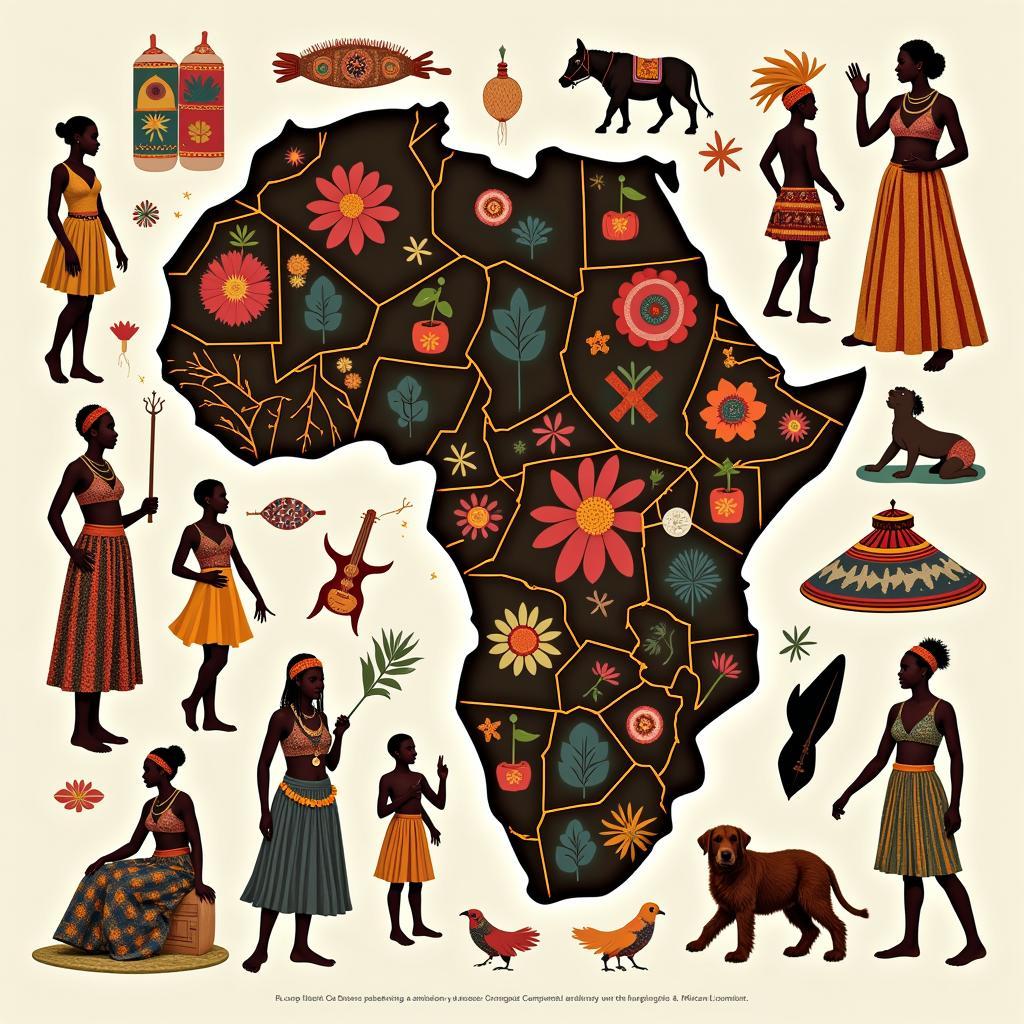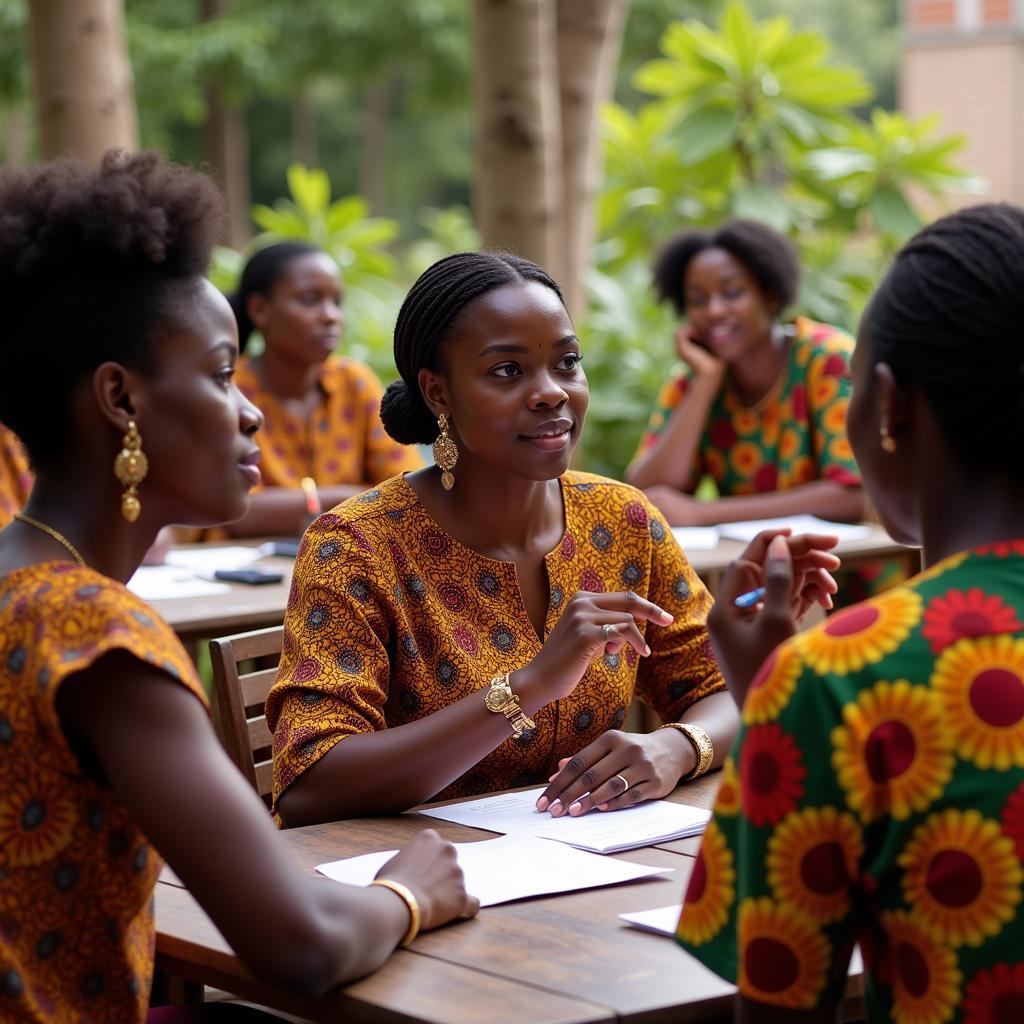African Caribbean and Pacific Group of States Presidents
The African Caribbean and Pacific (ACP) Group of States Presidents play a vital role in shaping the future of these diverse nations. This article delves into the significance of their leadership, exploring their roles, responsibilities, and the impact they have on international relations, economic development, and socio-cultural advancement.
Understanding the ACP Group and its Leadership
The ACP Group of States is an organization created by the Georgetown Agreement in 1975. It comprises 79 countries from Africa, the Caribbean, and the Pacific, sharing a common goal of sustainable development and poverty eradication. The Presidents of these member states hold significant power and influence within the organization, guiding its strategic direction and representing their nations on a global stage. They are crucial in negotiating trade agreements, advocating for development assistance, and promoting solidarity among member states.
The Role of ACP Presidents in International Relations
ACP Presidents are key players in international diplomacy. They represent the collective voice of their nations in discussions with international organizations like the European Union, the United Nations, and the World Trade Organization. These leaders advocate for fair trade practices, debt relief, and increased development aid. They also work to raise awareness of the unique challenges faced by ACP countries, such as climate change vulnerability and the need for sustainable development strategies. Their participation in international forums ensures that the concerns and perspectives of developing nations are heard and considered.
Economic Development and the Influence of ACP Presidents
Economic development is a top priority for ACP countries. The presidents of these nations play a crucial role in shaping economic policies and attracting foreign investment. They work to create a favorable business environment, promote entrepreneurship, and foster innovation. By advocating for policies that support sustainable economic growth, they aim to improve the living standards of their citizens and reduce poverty.
Socio-Cultural Impact of ACP Leadership
The influence of ACP presidents extends beyond economics and politics. They also play a significant role in promoting social and cultural development within their nations. By supporting education, healthcare, and cultural preservation initiatives, these leaders strive to create a more equitable and prosperous society for all.
“Investing in education and healthcare is not just a social responsibility, it’s an investment in our future,” states Dr. Abimbola Adebayo, a prominent economist specializing in African development.
Addressing Key Challenges: Climate Change, Trade, and Development
ACP countries face numerous challenges, including the impacts of climate change, unfair trade practices, and limited access to development financing. The presidents of these nations work collectively to address these issues, advocating for international cooperation and support. They are at the forefront of negotiations on climate change agreements, pushing for greater financial and technical assistance to help vulnerable nations adapt to the changing climate.
“Climate change is not just an environmental issue; it’s a development issue,” emphasizes Professor Maria da Silva, a renowned environmental scientist from the Caribbean. “It threatens the very livelihoods of millions in ACP countries.”
Conclusion
The African Caribbean And Pacific Group Of States Presidents are vital actors on the global stage. They represent the interests of their diverse nations, working tirelessly to promote sustainable development, economic growth, and social progress. Their leadership is essential in addressing the complex challenges faced by ACP countries and building a more prosperous future for their citizens. The ACP Group of States Presidents are crucial in shaping the future of these nations.
FAQ
- What is the main purpose of the ACP Group?
- How many countries are members of the ACP Group?
- What are some of the key challenges faced by ACP countries?
- How do ACP presidents contribute to international relations?
- What is the role of ACP presidents in economic development?
- How do ACP presidents influence socio-cultural development?
- What is the significance of ACP presidents in addressing climate change?
Related Questions and Further Reading
- Explore the history of the ACP Group and its evolution.
- Learn more about the specific challenges faced by individual ACP countries.
- Research the various trade agreements involving the ACP Group.
- Investigate the role of the ACP Group in promoting sustainable development.
Contact us for support: Phone: +255768904061, Email: kaka.mag@gmail.com or visit us at Mbarali DC Mawindi, Kangaga, Tanzania. We have a 24/7 customer service team.


